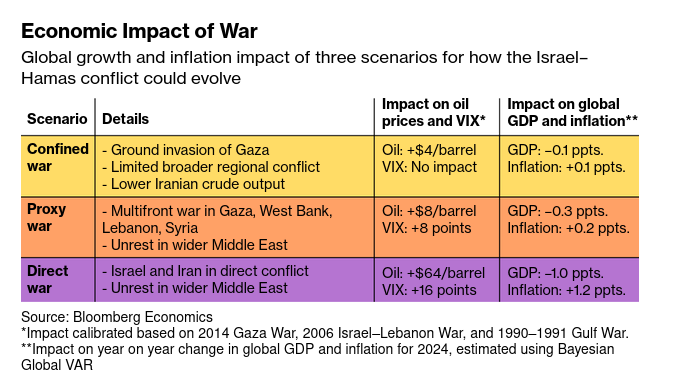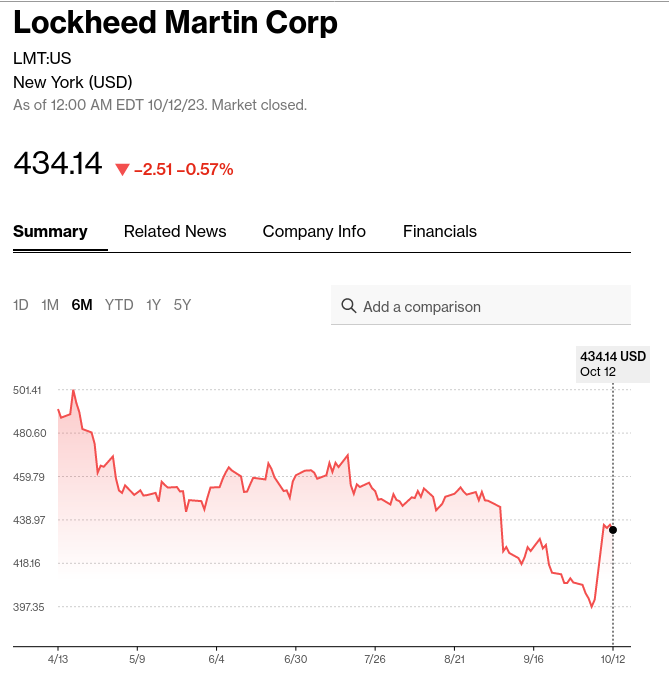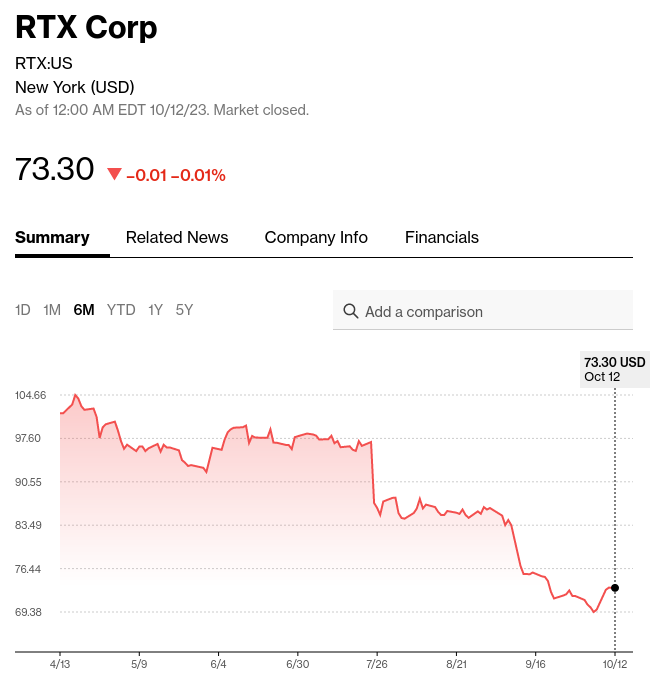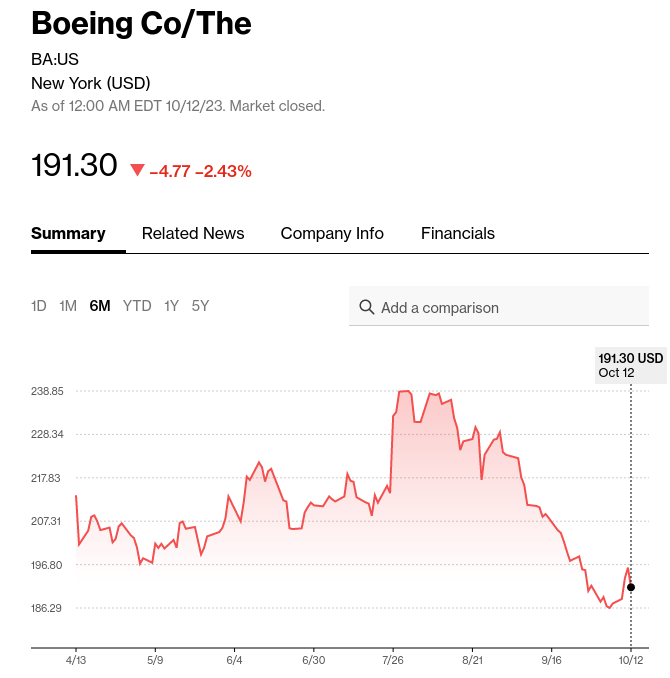October 13, 2023
Kaiser Pemanente strike is over with tentative deal reached
SEIU has reached a tentative deal with KP to end its massive (75,000 worker) hospital strike.
EU
Dealing with a far right regime is difficult for people in liberal European governments to get their heads around in a crisis. How do you "support" a group of people when they are lead by quasi fascists? It seems you do it by ignoring that they are on the far right and act somewhat surprised when they commit war crimes.
In Brussels, there is some nervousness about the fact that von der Leyen has arrived in Israel just as that country’s government is urging more than 1mn Gazans to leave the north of the strip. The concern is that the European Commission president could look as if she is endorsing military actions that will cause mass civilian casualties — and that will swiftly be labelled as war crimes.
“We may be about to see massive ethnic cleansing,” says one EU diplomat. Another senior Brussels official says that the EU should already have lined up with the UN secretary-general’s calls for Israel to respect international humanitarian law.
…
European diplomats have also been struck by how little interest the Israeli government has shown in prioritising the lives of the hostages held in Gaza — some of whom come from European countries. (FT)
Profits, war, and economic concerns
As the horrific reality of uncritical support for the current people in government in Israel is becoming clear to even the press, I wanted to have a look at who is benefiting from the situation.
Of course, the ever present oil commodity is going to make some people/regimes a lot of money:
Crude oil climbed more than 4% in New York, rising above $86 a barrel on fears the Israel-Hamas war could destabilize the Middle East and crimp global supply.
Concerns of a broader war involving Iran would send oil and other commodities above $150 a barrel.

Inflation could also be affected. High interest rates have been good for some banks with JPMorgan ratcheting up profits net of interest driving up its share prices. Those profits are generated from giving out loans at high interest rates and not paying very much out in deposit rates (from its ownership of Chase bank).
Defence contractors are obvious beneficiaries of wars involving nations with Western-style weapons.
The defense contractor Lockheed Martin had a good few days on their share price. The company has not been doing well recently because of the problems with the F35s that they are the main component manufactures of.

Raytheon is now known as RTX (as it merged with Collins Aerospace and Pratt & Whitney) and is the main USA producers of the interceptor missiles that the "Iron Dome" uses. However, most of Iron Dome components are produced in Israel by their state owned defence company Rafael.
Tamir interceptors are located in Israel, but all of them are owned (and funded) by the US military. The USA keeps a stockpile of these interceptor missiles for Israel and the first shipments to replenish the batteries are on their way now.
The cost of each missile is about $40,000 to $50,000 (up to $60,000 depending on the source), according to a researcher at Israel’s Institute for National Security Studies. (BN)
(For reference, these interceptor missiles shoot down rockets that cost about $600 each.)
RTX has seen an uptick in share price as well. However, it is also following Lockheed in having problems. The Boeing and GE both pushed RTX off the top position for defense contractors in the USA this year. The issue is with RTX's (rather Pratt) engine design and quality control failures.

The other producer of weapons for Israel is Boeing, which produces almost half of the components of the high/exo atmospheric interceptor missiles that Israel has that can attempt to shoot down incoming balistic missiles and also has strike capabilities. The costs of these are partly financed through export deals with Germany.
Boeing also produces the "smart bombs" (guided missiles) that are raining down on Gaza right now. The sale of these munitions to Israel was opposed by Bernie Sanders as they are consistently used against the Palestinian population. Boeing claims they "reduce collateral damage", which is a nice way of saying that they only kill people who get in the way, are near by, if they malfunction, or if the target itself is wrong.
This was a commercial sale of weapons to Israel and simply allowed by Congress.
Boeing is not doing well recently either since it is having a very hard time as a company since its airplane (the Max specifically) continue to have issues in both operations and production.

It is hard to separate the benefits of GE's defence from its nuclear and other energy component interest. It has had a recent rise on the exchanges because of the very broad nature of it production. However, the recent fake parts scandal has hit GE—who makes the engines with French aerospace company Safran. Safran purchsed Raytheon's aerospace assets back in July.
The $3B per year that goes to Israeli defence from the USA does not include these contracts for weapons. The current agreement between the two contries is $38B between 2019 and 2028.